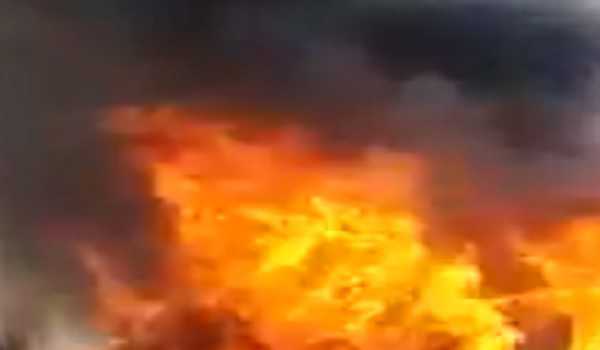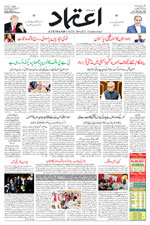Rahul Gandhi set to take over Congress reins on December 16
Mon 11 Dec 2017, 12:25:20
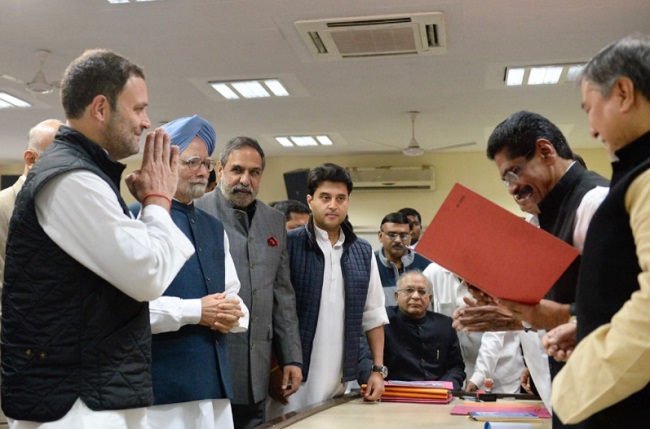
Rahul Gandhi is likely to assume the reins of the Congress on December 16, marking a generational shift in the grand old party when his mother and its longest-serving president would formally hand over the baton to him.
While pageantry would herald the dawn of a new era in the party which has ruled the country for over half-a-century since independence, the 47-year-old scion of the Nehru-Gandhi family will face the daunting task of restoring lost glory to the party whose fortunes have been dwindling in the recent past.
Today, the party, which once controlled almost the entire country, has its governments in just five states and the Union Territory of Puducherry.The announcement of Rahul Gandhi's elevation, however, is likely to be made tomorrow, the last date of withdrawal of nomination for the election of the Congress president which is a one horse race.
Altogether 89 nominations received in his favour were found to be valid during scrutiny.
The Congress's Central Election Authority chairman Mullapally Ramachandran, and CEA members Madhusudan Mistry and Bhubaneswar Kalita will announce that Gandhi's was the only nomination for the top job today.
Delivering in Gujarat will be important as it is the immediate test facing Rahul Gandhi, who has mounted a strong anti-BJP campaign in the state and led personally from the front. We are looking at victory in Gujarat," said a Congress leader and former chief minister.
Mahila Congress chief and party spokesperson Sushmita Dev said reorganising the party would be another major task for him."Every post comes with a challenge. He has to rebuild the party at the grassroots and strengthen the ideological base. His undisputed election as party president is a sign of his strength. He will have to take everyone along from the AICC level right up to the states," she told PTI.
Striking a balance between the old guard and the young leaders would be a key to running the organisation which has many seasoned politicians whose wisdom he could use as he steers the party.Gandhi had said in the past that he would draw upon a blend of experience of the old and the energy of the young.
"Initial signs are encouraging since he put
veterans like Ashok Gehlot and Sushil Kumar Shinde in charge of elections in Gujarat and Himachal Pradesh respectively and was willing to bank on them," said a leader. He also got appointed young leaders as secretaries.
veterans like Ashok Gehlot and Sushil Kumar Shinde in charge of elections in Gujarat and Himachal Pradesh respectively and was willing to bank on them," said a leader. He also got appointed young leaders as secretaries.
Clarity on the party's ideological stand on the issue of Hindutva would also be important as he is being seen as projecting the Congress's soft Hindutva with his visit to temples in Gujarat. He has also proclaimed himself a "Shiv bhakt".
These visits are also being seen as an attempt to blunt the BJP's accusation against the party of Muslim appeasement."This is to course-correct after it was felt that an overtly pro-minority image of the Congress undermined its electoral prospects on the eve of 2014 Lok Sabha elections," a party veteran noted, adding cobbling together electoral alliances will also be key to the future growth of the party.
Another former union minister said every state had its own set of challenges and Gandhi would be expected to take informed decisions in each by taking everyone along.Gandhi has already been taking all major decisions in the party even though his formal elevation was delayed due to a long-drawn internal election process.
The deadline set by the Election Commission for conclusion of the organisational elections in the Congress expires on December 31.
Organisational elections in the Congress were due in 2015. The party constitution provides for elections to be held every five years. The last such polls were held in 2010.Rahul Gandhi, who was initially hesitant about taking over the reins from Sonia Gandhi, who held the party's top post for 19 years, will be the sixth member and fifth generation leader of the Nehru-Gandhi clan to occupy the post.
These include Motilal Nehru, Jawaharlal Nehru, Indira Gandhi, Rajiv Gandhi, Sonia Gandhi and now Rahul Gandhi.Some eminent leaders who held the post in the pre- independence era included Mahatma Gandhi, Subhas Chandra Bose, Abul Kalam Azad, Vallabhai Patel and Rajendra Prasad.
Eminent people like Madan Mohan Malviya, Gopal Krishna Gokhale, Dadabhai Naoroji, Annie Besant and Womesh Chandra Bonnerjee, the first party president, also led the party in the pre-independence era.
No Comments For This Post, Be first to write a Comment.
Most viewed from National
Most viewed from World
AIMIM News
Latest Urdu News
Most Viewed
May 26, 2020
Do you think Canada-India relations will improve under New PM Mark Carney?
Latest Videos View All
Like Us
Home
About Us
Advertise With Us
All Polls
Epaper Archives
Privacy Policy
Contact Us
Download Etemaad App
© 2025 Etemaad Daily News, All Rights Reserved.


.jpg)
.jpg)


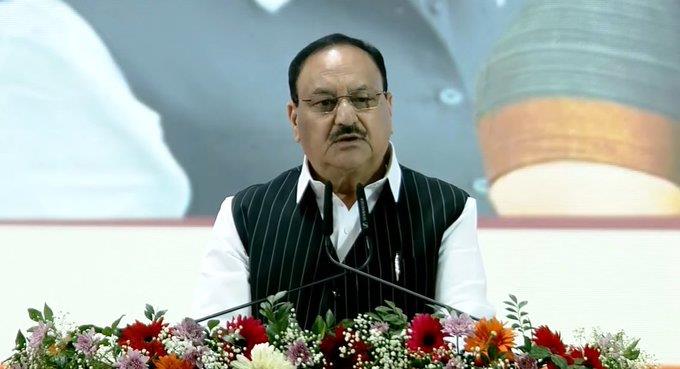
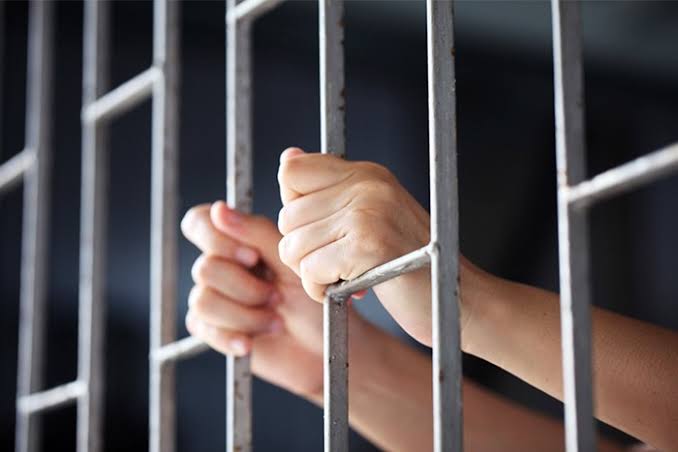
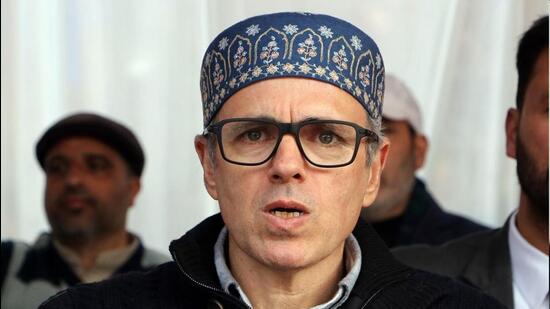
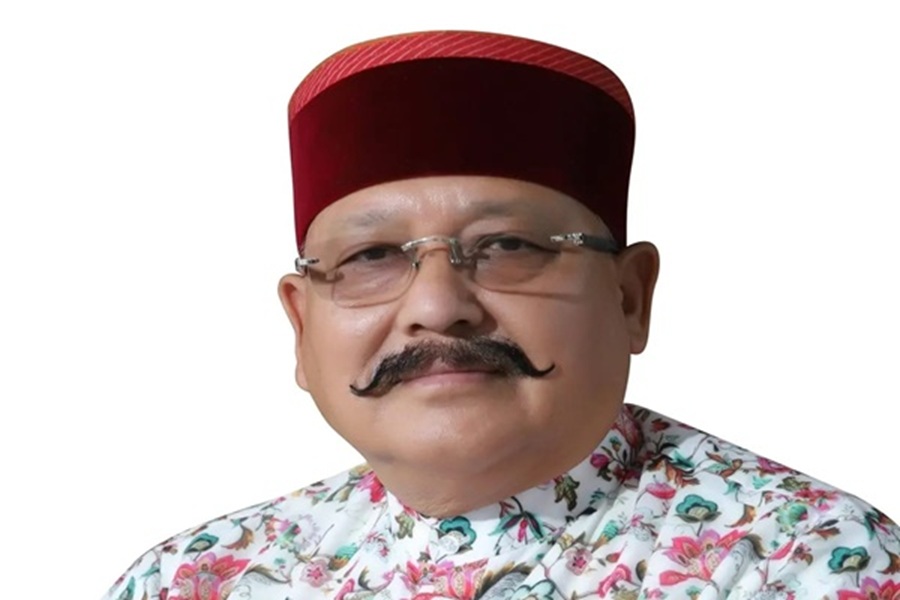
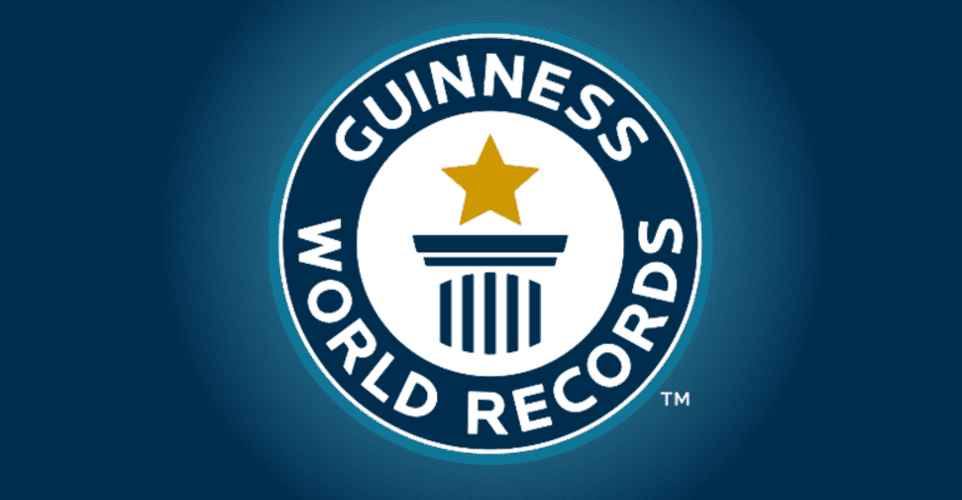
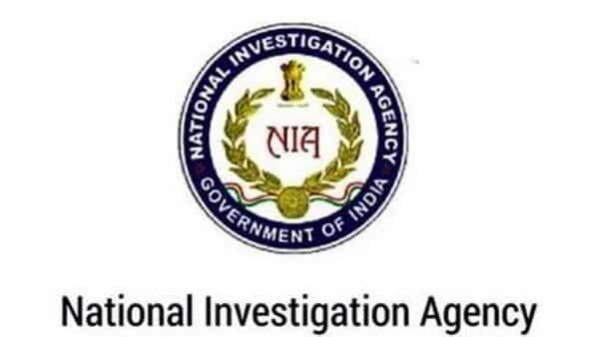

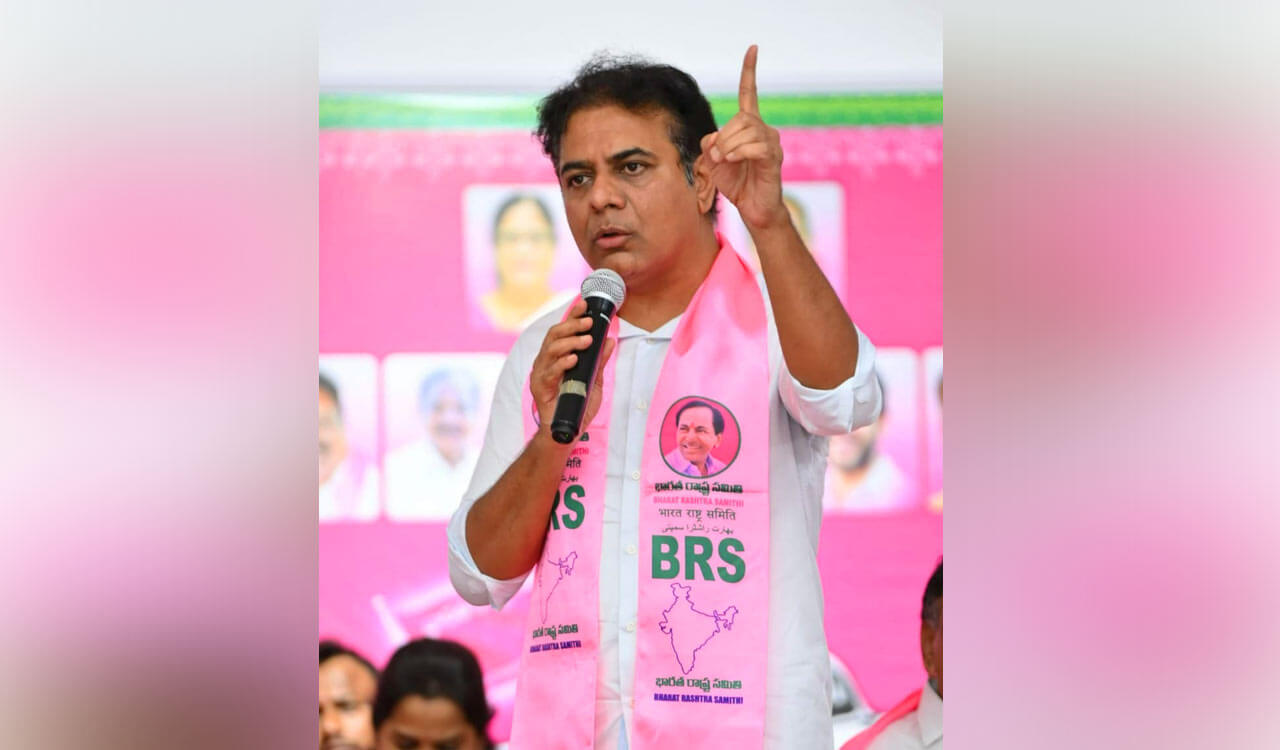
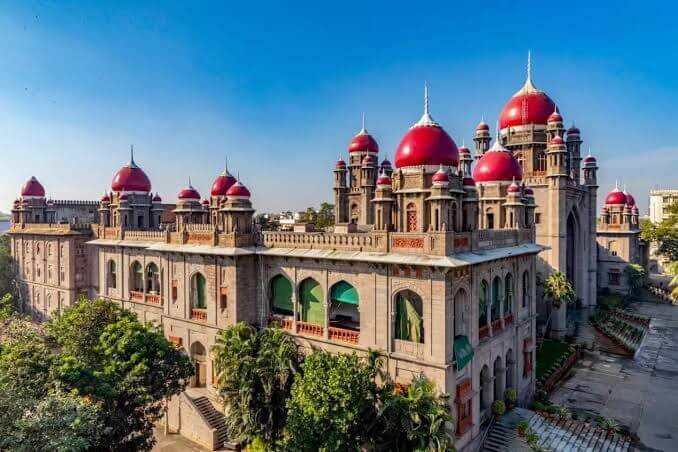
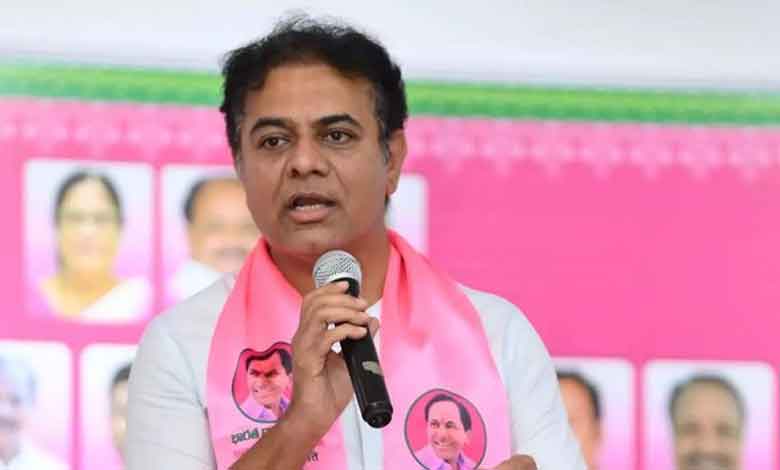
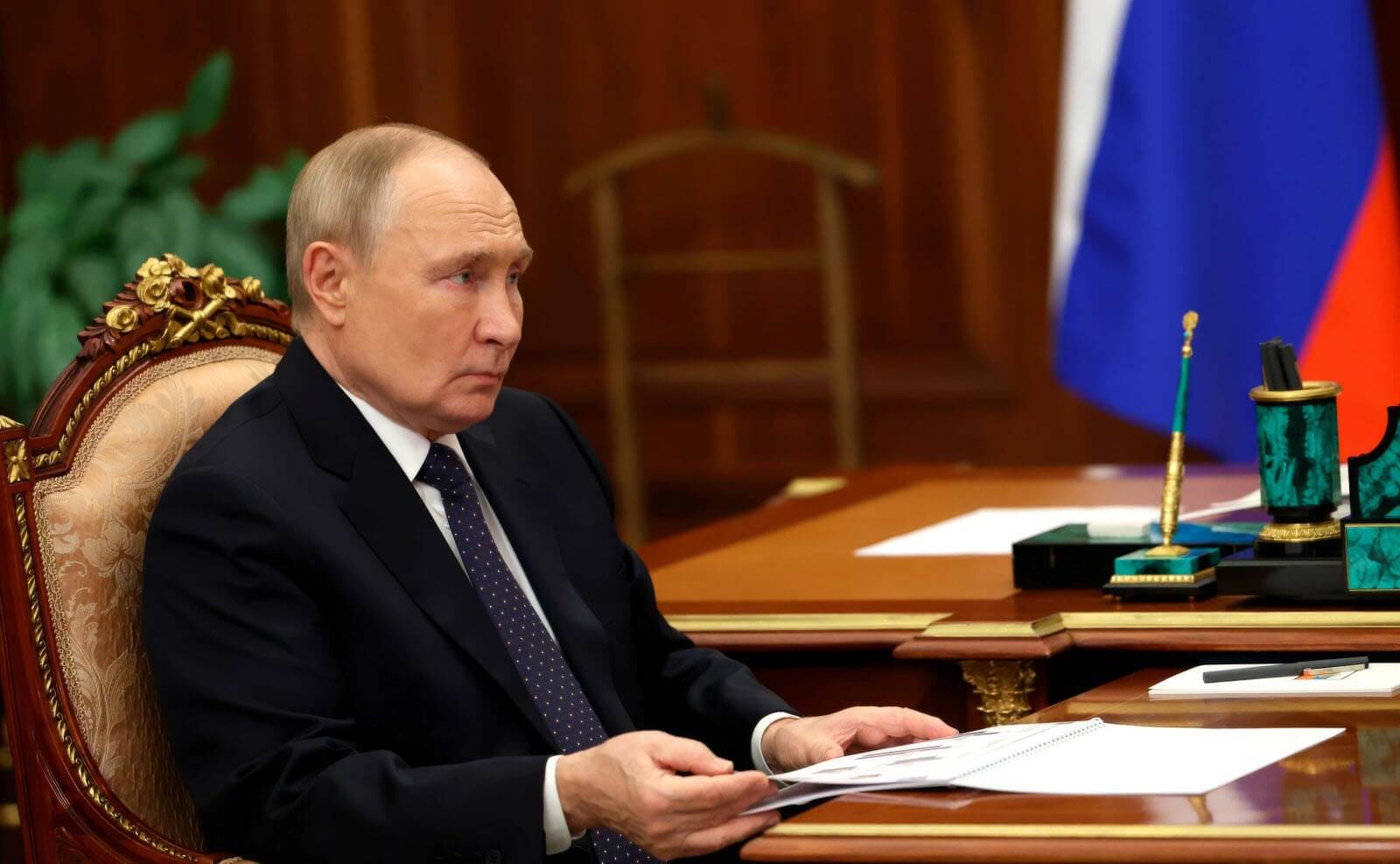
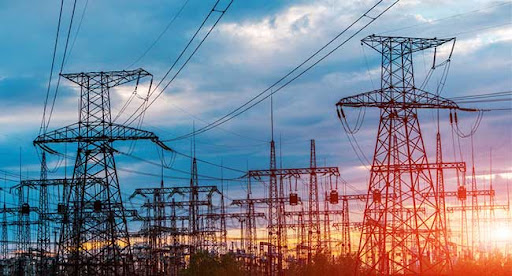
.jpg)
.jpg)
.jpg)
.jpg)
.jpg)
.jpg)
